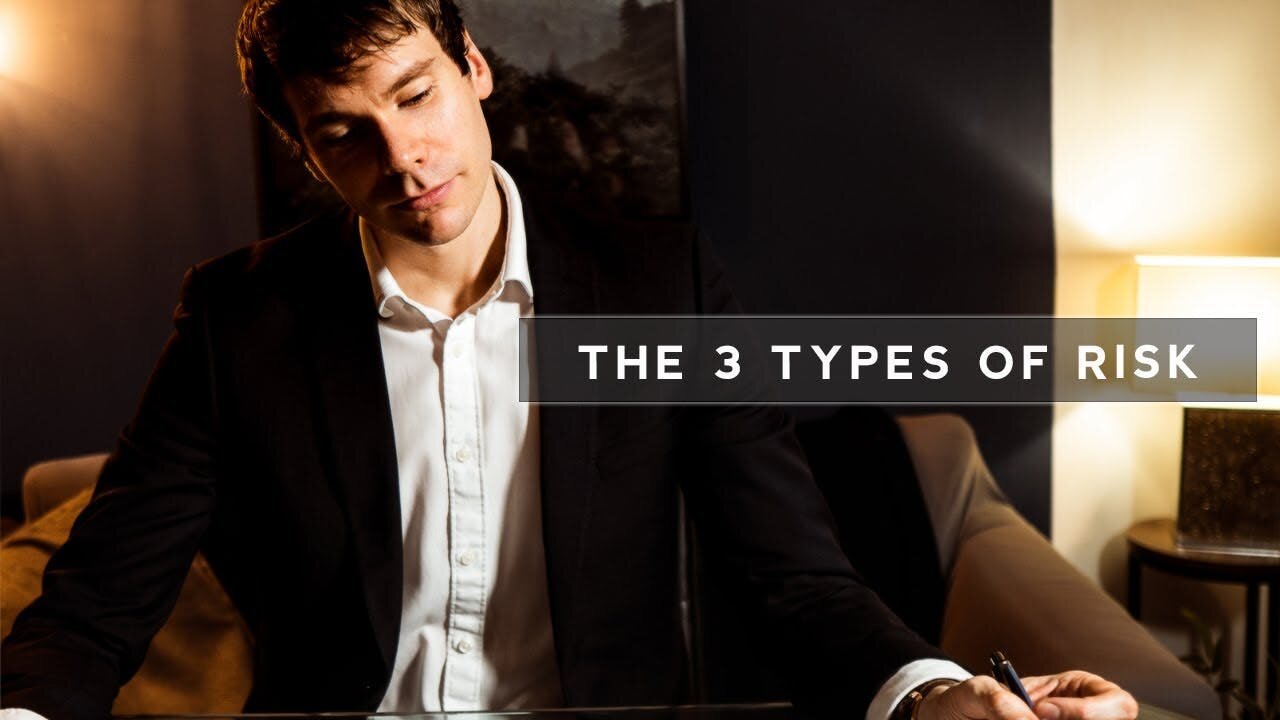April 2021
Your Client's Future Self
I've been thinking a lot about the fact that most of our client relationships will last upwards of three decades. In the same vein, most client decisions are multi-decade decisions.
A retired couple needs to position a portfolio for three decades of income withdrawals, a working professionals has a savings (accumulation) window upwards of three decades.
The length of our relationship and their investment time frames make for a wonderful alignment of incentives.
However, research by Hal Hershfield has revealed the fact that a person has very little connection to their future self. Our future self is a stranger.
The client sitting in front of us is not the same person that will be sitting in front of us in 30 years. Trying to keep our current client happy will in many cases lead to an unhappy client in 30 years.
If we pander to the client sitting in front of us today by giving them what they want (rather than what they may need), we're setting ourselves up for failure. Tough love, provided it's coming from the right place, may be what the future client needs in that moment.
How will your client judge the value of your work when they evaluate it in the future?
Once we have considered that clients may not know what will make them happy in the future, and the fact that their future self is akin to a stranger, our work becomes exceedingly more difficult.
The ability to facilitate conversations that transports the client into the future, disconnecting themselves from the present, is a skill we all need to develop and practice.
Creating the space and conditions to have these conversations is a vital aspect of becoming better behavioural advisers, as is the ability to let the client ultimately guide their own plan. While we may have the technical expertise, they are the ones with greater insight into their own lives.
These skills are "soft" and difficult to learn, but by reminding ourselves that we represent the client's future self in every interaction, we're much likelier to guide the current client towards a future in which they might stumble on true happiness, even if the journey includes a few course-adjustments.
This future self will always be in conflict with the current self, presenting challenges to the adviser advocating for a future that can’t be imagined easily. Investing for the future, protecting against disaster, and estate planning are all made more difficult. We have a great responsibility, and we serve in a mighty profession.
📰 Articles & Blogs
The Big Lessons of the Last Year by Morgan Housel [7 minutes]. The most important lessons from a big event are usually the broad, 30,000-foot takeaways.
Advice is more about the complexities in our lives than the goals [3 minutes]. The advisory firms of the future are building consistent, specific and methodical approaches to solve or manage client’s complexities.
How Advisors Are Finding Unexpected Upsides to Zoom Calls [2 minutes]. It's here to stay. [Here is Seth Godin's Zoom setup]
Three Techniques to Overcome Clients’ Behavioral Biases [32 minutes]. Advisers have an arsenal of tools to help them work with clients who are struggling with resistance.
CFP Board Exam Places New Emphasis on ‘Psychology of Financial Planning’ [2 minutes]. The new category includes client and planner attitudes, values, biases, behavioural finance, sources of money conflict, and principles of counseling.
Low cost is better than free [8 minutes]. You always pay, you just get to choose the currency you pay in.
Biggest Skill To Be A Successful Financial Advisor [6 minutes]. It’s hard to overestimate the value of good listening skills in financial planning.
🎧 Podcasts
The Human Side of Money: Sarah Newcomb | Understanding A Client's Money Mindset In Order To Maximize Their Well-Being [102 minutes]. The key to changing a client's behaviour starts with understanding their money mindset.
How Behavioral Finance Leads to Better Returns and Investor Behavior [22 minutes]. The doctor offers some practical solutions for improving both returns and behaviour.
Dan Solin on The Art & Science of Creating Meaningful Business Relationships [53 minutes]. Lessons learned from researching the psychology and neuroscience behind building relationships and meaningful connections with others.
📚 Book Recommendations
Hacking the Unconscious by Rory Sutherland. Available only in audio format, this book explores the stories and psychology behind the most influential marketing campaigns in history
🍿 Videos
The 3 Types of Risk. George Agan's Youtube channel is worth your time!
👏 Encore
Advice Overload [2 minutes]
How to Break into the Industry [4 minutes]
4 Problems With Advisor Marketing (and How to Fix Them) [3 minutes]
How to stay focused, and why we lose focus [4 minutes]
Financial Advisor Fees: How to Include Them On Your Website [5 minutes]
The Omnipresence of Work [9 minutes]
When everything matters, nothing matters [5 minutes]


